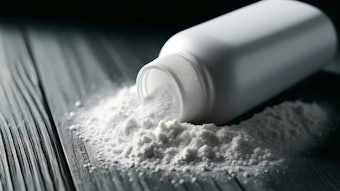Industry expert Tony O'Lenick asks: What is the difference between a commodity and a specialty chemical? The answer is provided by James Trifon, an expert in natural gas, a fungible commodity.
Perhaps the most abused term in the chemical business is "specialty." Webster defines specialty as “a unique object or class of objects” while commodity is defined as "products of standard commerce."
Clearly, the common usage of these terms is not in compliance with Webster's definition. Commodity chemicals are products manufactured by a number of companies that tend to be of large volume with minimal product variation from producer to producer. This means that products are considered identical, or nearly so, from an application's viewpoint, and more commonly than not are an exact compositional match. These products are sold by specification. Commodity products are heavily keyed to the price of strategic chemical building blocks, and ultimately to the price of fats and oils or petroleum, which tend to be volatile.
A commodity that has become completely interchangeable is called a fungible material. This means there is no difference between one supplier’s product and another’s product. Natural gas is a fungible commodity.
Specialty chemicals are materials that are not available from many suppliers. They provide a service--namely the cost-effective solution to a customer's applications needs. Specialty chemical companies stress making what the customer wants to buy and not what the plant can make. Specialty chemicals often are protected by patents.
As the market grows and patents expire, specialty chemicals begin to move more and more into the realm of commodities. Many companies begin to produce them, thus they become more and more common.










